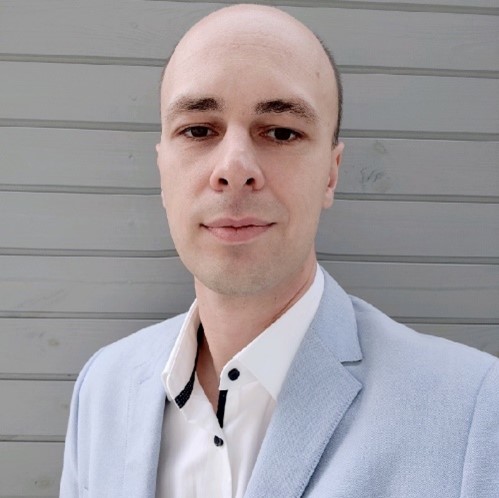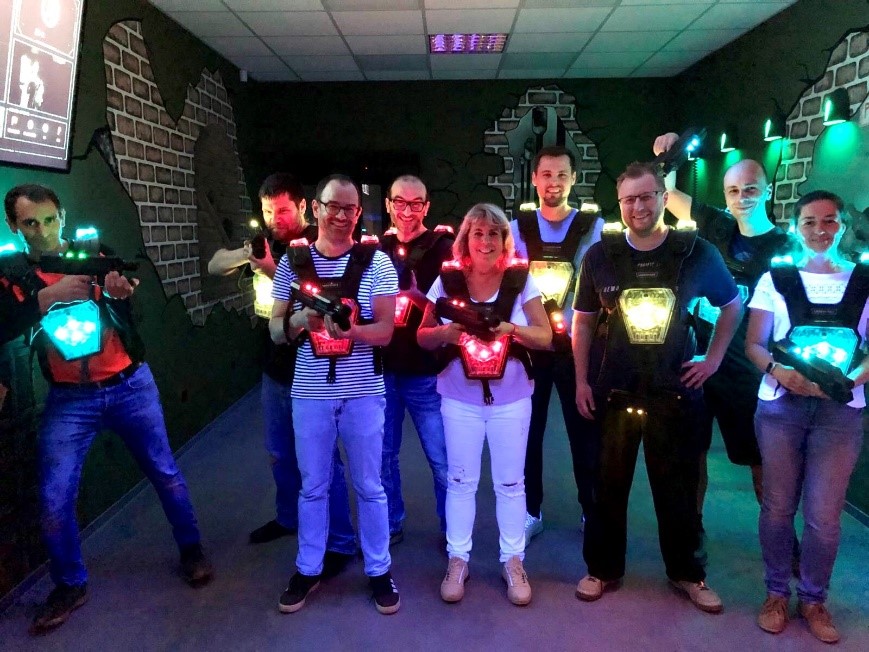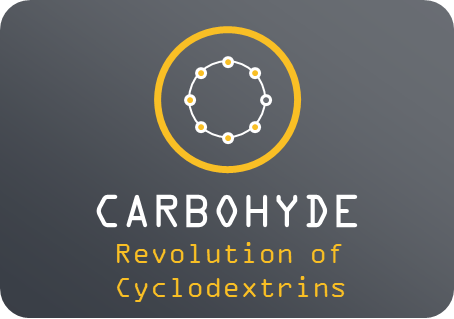To better understand the place and the goals of CarboHyde, a private preclinical pharma start-up from the EU, a short interview was performed with József Tóth, Ph.D., Founder, and CEO of CarboHyde.
What’s your story, and how did you become an innovator in healthcare?
During the years I spent at Semmelweis University as a med student, all my favorite subjects originated from cell biology. I eagerly awaited physiology lectures where the professors explained how the signaling pathways and living cells work and how they act together to form organs and the whole human body. Then later, during pharmacology courses, I was again fascinated to see how we can sometimes treat pathophysiological conditions by giving only one single molecule acting on one receptor. After finishing the Ph.D., my interest in applied pharmacology led me to specialize in anesthesia and intensive care, one of the fastest-growing fields of medicine. As an anesthetist and intensive care specialist, I could look closely at how one single molecule, Sugammadex, a carbohydrate derivate, revolutionized anesthesia safety.

Can you tell me a bit about your company, CarboHyde?
CarboHyde is a pharma start-up developing carbohydrate-based APIs for different target indications and other innovative applications like gene delivery or using them in vaccines. We founded CarboHyde not long ago, but the senior colleagues have worked together in this field for 10+ years. We also see other companies with similar interests as an ecosystem and support them with our knowledge in this field as a contract research organization.
As a CRO in the pharma industry, we only focus on the most complex synthetic chemistry issues our fellow innovators face with their carbohydrate or cyclodextrin-based drug development programs.
Our main aim is to develop our carbohydrate-based APIs, focusing on rare diseases, neurodegenerative CNS indications, and an RNA delivery platform. We are continuously looking for partners to collaborate on developing new therapeutic solutions in this field. So if any of our readers are one of them, they shouldn’t hesitate to contact us.
What I would like to highlight for the readers is my personal belief in the importance of the right company culture, mainly because our innovation-focused company is based on our colleagues’ exceptional brain power. So we build a very flat, administration-free culture, where we spearhead values like love of work, autonomy, freedom, results orientation, and responsibility. Our internal processes are transparent, and everyone completely understands our mission and what it takes to get there, then embraces the responsibility to make the right decisions. And we trust our people to make the right ones.

And why carbohydrates? What is so interesting in these molecule families?
Because my previous supervisor deals with lipids, my sister researches proteins, and my brother-in-law is an expert on nucleic acids, so that remains for me (smiles). Of course, that’s just a joke. I think people underestimate the role of carbohydrates in physiological processes and simplify them as only energy sources or structural molecules, but the reality could not be farther from that. Due to their structural diversity and complexity, I believe these ubiquitous building blocks of life are one of the most challenging biomolecules to manipulate. There are widely used carbohydrate-based drug families on the market, like deoxy sugars or amino sugars. Yet, carbohydrate-based API development is still a fast-growing area, including particular types of carbohydrates to treat rare diseases, like Niemann–Pick type C or Fabry disease. We are fond of these compounds, enjoy the challenge it takes to work with them, and believe that there is still a lot to learn in this area. Learning and evolving are our daily feeds.
What are the company’s short and longer-term goals?
Before answering your question, I want to highlight how proud I am of the results we have achieved this year already. It is essential to talk about the future, but it is equally important to look back and be proud of what we have already achieved – for me, this provides a source of energy, like my morning coffee with a high dose of carbohydrates. So this year, we have already managed to attract some internationally renowned scientists into the team, expand our pipeline program, and successfully apply for an EU grant. I believe these are great results.
But as a real startupper, I am ready to talk about our plans for hours (smiles). The shorter version is that our long-term goal is to hold 5+ patent families for different compounds, sponsor early-stage clinical trials and be a key-opinion leader in carbohydrate chemistry and drug development.
In the next 2-3 years, we will grow in size, strengthen our CRO arm and start focusing on our pipeline program. In addition, we have already been developing specific capabilities in-house, which we outsource at the moment – like carbohydrate analytics, which requires unique expertise.
As a pharma startupper, what advice do you have for others just starting in this space?
First of all, do not underestimate the work ahead. Several excellent books on the market can give helpful advice on how to treat the expected difficulties; I read a lot of them and enjoyed them. But no matter how many books you read about those topics, new and new unexpected challenges will come across, and one person alone cannot deal with all of them. So let’s find competent people, experts in their fields, who you can get along with as human beings, and who strongly believe in your projects. If you can gather people, you can trust and focus on each other’s strengths and enhance them, and you can handle these challenges together, sooner or later. And when you feel exhausted, you should know and practice where you can have extra energy – if it is your morning coffee with three spoons of carbohydrates or pursuing your hobby; it doesn’t matter.
